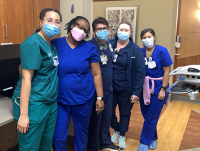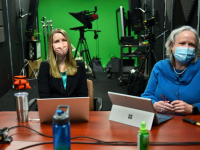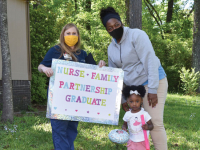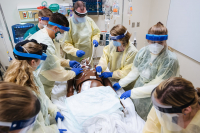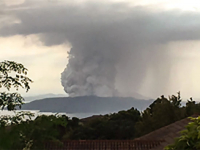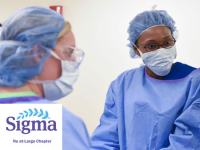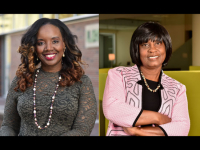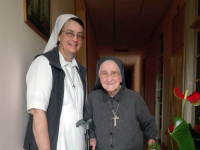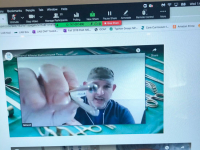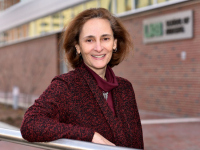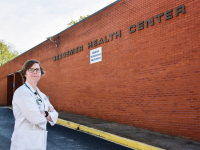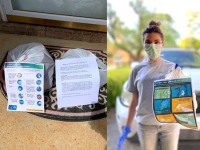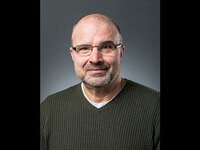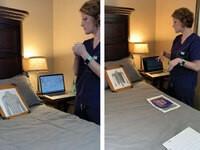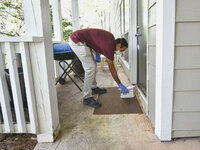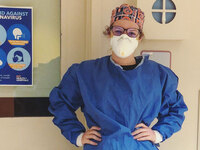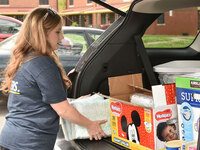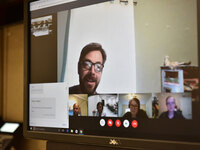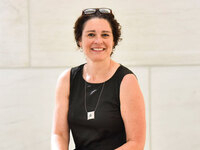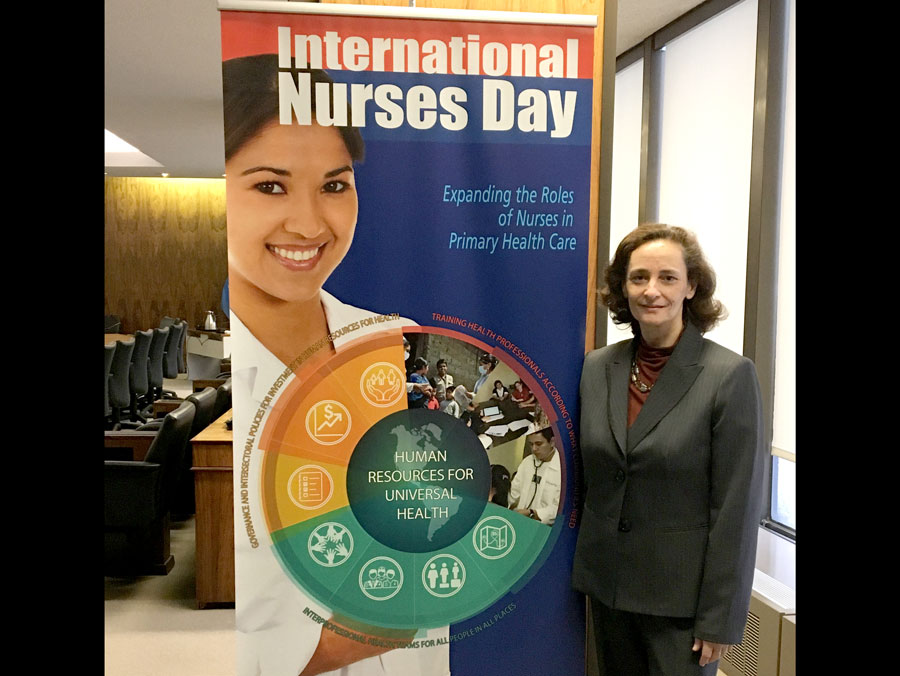 The novel coronavirus (COVID-19) has impacted communities, health care providers and universities across the globe. In the International Year of the Nurse and Midwife, the University of Alabama at Birmingham School of Nursing has continued to rise to the occasion by communicating with international partners, sharing resources and promoting global connectivity.
The novel coronavirus (COVID-19) has impacted communities, health care providers and universities across the globe. In the International Year of the Nurse and Midwife, the University of Alabama at Birmingham School of Nursing has continued to rise to the occasion by communicating with international partners, sharing resources and promoting global connectivity.
“Tackling the impact of the pandemic through international partnerships is at the core of our Pan American Health Organization/World Health Organization Collaborating Center,” said Associate Professor and PAHO/WHOCC Collaborating Center for International Nursing Deputy Director Ada Markaki, PhD, RN, PHCNS-BC. “Our PAHO/WHOCC is designated for international nursing, and aims to enhance capacity for nursing education specifically in the Pan American region. This pandemic manifests not only the impact of globalization but also the pervasive health disparities here, and abroad. It also highlights the professionalism and bravery of nurses worldwide.”
The UAB School of Nursing has responded to several requests from PAHO, the Global Network of WHOCCs, Pan American Nursing and Midwifery Collaborating Centers (PANMCC) and the UAB Sparkman Center for Global Health to share School resources, news and webinars on a global platform.
Through a collaboration with the School’s Office of Innovation and Technology, the UAB School of Nursing has developed and made accessible through its website videos on clinical topics and skills for undergraduate and graduate students, a playlist of basic skill videos and episodes of Clinical Pearls, as well as a web series of expert faculty interviews on clinical, administrative and policy topics.
“During this global turmoil, an international colleague expressed to me that ‘We are all weathering the same storm, but we are not in the same boat,’” Markaki said. “That is why sharing resources and expertise with each other is so valuable. Our online resources can help with course development and evaluation, and provide state-of-the art teaching tools to instructors across the globe. In essence, we help ‘level the field’ for nurses facing educational disparities or gender inequalities.”
Other tools include a free online course for nurse educators centered on improving quality of teaching, available also in Spanish, and a toolkit for best practices in mentoring international students and scholars, currently in progress.
Three members of the UAB School of Nursing faculty were also invited as content experts in reviewing the evidence for the first State of the World’s Nursing report, which came out in April. Associate Dean for Clinical and Global Partnerships and Jane H. Brock Florence Nightingale Endowed Professor Maria Shirey, PhD, MBA, RN, NEA-BC, ANEF, FACHE, FNAP, FAAN; Associate Professor and Director of the PhD Program Karen Heaton, PhD, CRNP, FNNP-BC, FAAOHN, FAAN; and Markaki all participated in the report, which can be read here. The report makes the case that investment in nurses will contribute not only to health-related sustainable development goals (SDG) targets, but also to education (SDG 4), gender (SDG 5), decent work and economic growth (SDG 8).
The UAB School of Nursing also continues to work toward the United Nation’s Sustainable Development Goals, even while facing the challenge of COVID-19.
“We have been tracking through the Faculty Productivity Database the global health activities of our faculty to identify which sustainable development goals they contribute to through teaching, research, scholarship and clinical practice,” Lisa Theus, Program Manager of Global Partnerships said. “Some examples of how we continue to contribute include Zero Hunger, through resources provided by the School’s nurse-managed PATH Clinic for underserved patients with diabetes and the Nurse Family Partnership (NFP) of Central Alabama; Reduced Inequalities through NFP and the School’s nurse-managed HRTSA Clinic for underserved patients with heart failure; Partnerships for Sustainable Development through the Pan American Network of WHOCCs.”
“Now, more than ever, everyone can take action in support of the UN Sustainable Development agenda. Reflecting on the vital role of nurses in caring for individuals and safeguarding the health of communities, whether in our own backyard or across the world, exemplifies ICN’s theme for 2020, ‘Nursing the World to Health,’” Markaki added.

